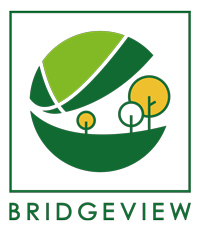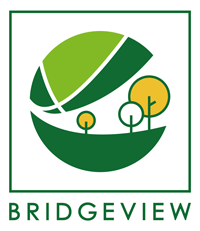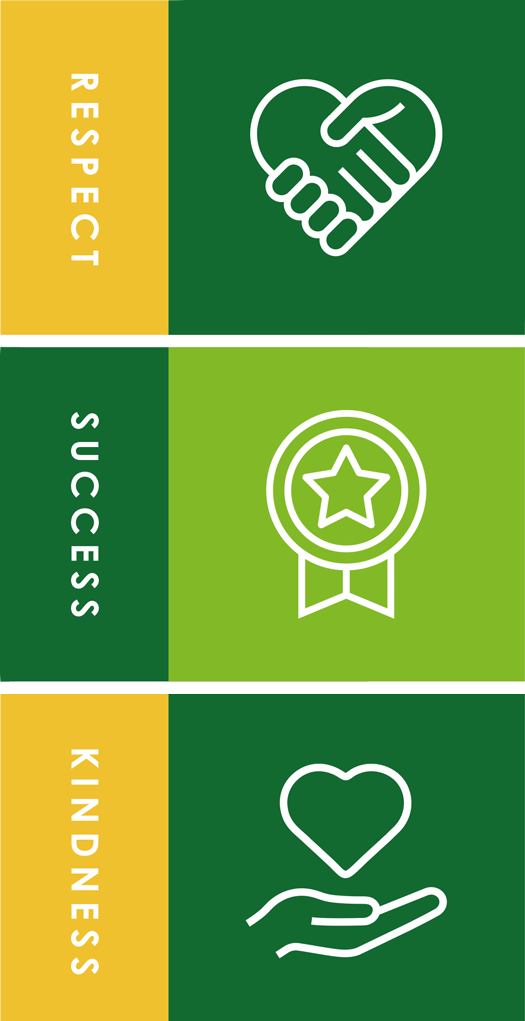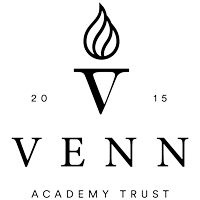Why do we teach Science at Bridgeview?
At Bridgeview we recognise the importance of Science in every aspect of daily life. We want our children to be curious about the world around them and develop a sense of excitement for natural phenomena. We want to provide children the opportunity to develop practical skills by working scientifically.
We are committed to providing a stimulating, engaging and challenging learning environment. Throughout our school, children are encouraged to develop and use a range of enquiries and working scientifically skills including researching, questioning and observing.
Children will be immersed in key scientific vocabulary. Scientific language is to be taught and built upon as topics are revisited in different year groups across all key stages.
What is the Science curriculum offer at Bridgeview?
Our pupils are taught science every week, throughout the year. Our curriculum meets the requirements of the National Curriculum.
Our long-term plan sets out the order units of study are to be taught and the key knowledge and vocabulary we wish the pupils to learn. This ensures that children build on prior learning and revisit key vocabulary, concepts and skills.
All units start with a remember when lesson. This helps our pupils to retain information and make connections. Each lesson starts with a remember when to make links between lessons. They also include the enquiry, vocabulary, knowledge and skills the pupils will learn in the lesson. This means that lessons are as hands-on as possible, which increases engagement and creates memorable learning.
How do we plan for progression of knowledge and skills in science?
Our science curriculum has been designed so that knowledge and skills are built on in each key stage. This is plotted carefully through the long-term plan and other planning documents.
What enrichment opportunities do pupils receive in science?
Key Stage 1
- Outdoor learning opportunities across the curriculum
- Seasons- seasons walk around school
- Animals- visit to Pickering park aviary, visit to school from Zoo Lab, chicks to hatch
- Plant- planting blubs, sunflower competition
- Living Things- walk at the country park
Lower Key Stage 2
- Outdoor learning opportunities across the science curriculum
- Rocks- walk around the local area
- Forces- trip to the park
- Living Things- walk around the school grounds
Upper Key Stage 2
- Outdoor learning opportunities across the science curriculum
- Earth and Space- visit to the planetarium,
- Living Things- Bugtopia visit
- Animals including humans- visit from a midwife
- Materials- Space case workshop
- Evolution and Inheritance- Evolution and inheritance workshop
How do we know pupils are knowing more and remember more?
We want all our children to feel success in their science lessons.
Teachers assess within the lessons using observations of the children’s learning and by asking questions linked to the sequence of learning.
At the end of each unit of study all children complete an online quiz based on questions about the sticky knowledge from the learning sequence.
